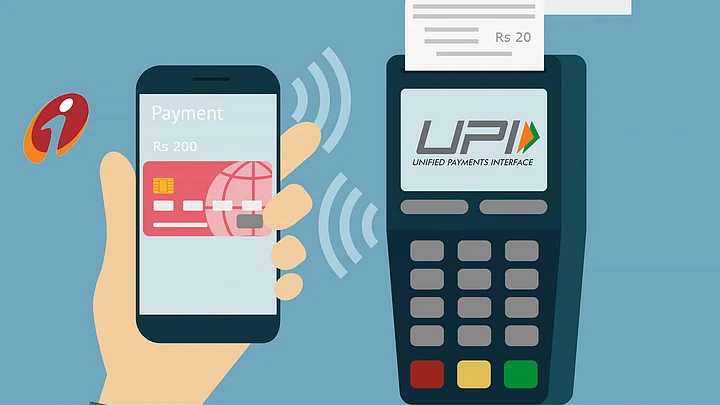India has adopted the Unified Payments Interface (UPI) for mobile payments via apps like Google Pay, Paytm and PhonePe among others.
While India-based Paytm has lead the payment charts most of the time, things have changed dramatically in July, according to data from the National Payments Corporation of India (NPCI). As mentioned in this ET Tech report on Thursday, Google Pay is now the leading UPI player in the country, followed by PhonePe.
The report highlights that Google Pay has recorded over 300 million transactions, while Paytm’s numbers have dropped to 133 million last month. Interestingly, the figures mentioned are for person to person (P2P) transactions, which is heavily incentivised via cashback offers.
However, Paytm official, quoted in the report, says the platform caters to payments via different modes, since it’s a licensed payments bank.
The overall number of transactions done via UPI stands at 822 million, out of which the major share is under the wings of Google Pay and Flipkart-owned PhonePe.
There’s no mention of Truecaller Pay in this report, which claims to have signed up over 100 million users since its introduction in the segment.
The UPI transactions are taking place in two modes; P2P and P2M, wherein the ‘M’ stands for merchant.
While Google Pay takes the cake in the P2P segment, the ET Tech report suggests that more people are using Paytm for P2M payments, as the company’s offline presence is big and even its partner services are widespread.
One can’t also ignore the lack of demand for the original UPI app called BHIM, which was launched before Google Pay, Paytm and PhonePe were mixed in the UPI segment. Most of the launch fever died the moment users stopped getting attractive cashbacks on the platform.
Rise in use of UPI has directly resulted drop in transactions done through prepaid wallets by mobile users in the country.
Things could change even more by the end of 2019, when WhatsApp will finally offer payments service to its claimed user base of 400 million in the country. With these numbers, the Facebook-owned messaging app will surely give a tough fight to the existing trio.
(At The Quint, we question everything. Play an active role in shaping our journalism by becoming a member today.)
